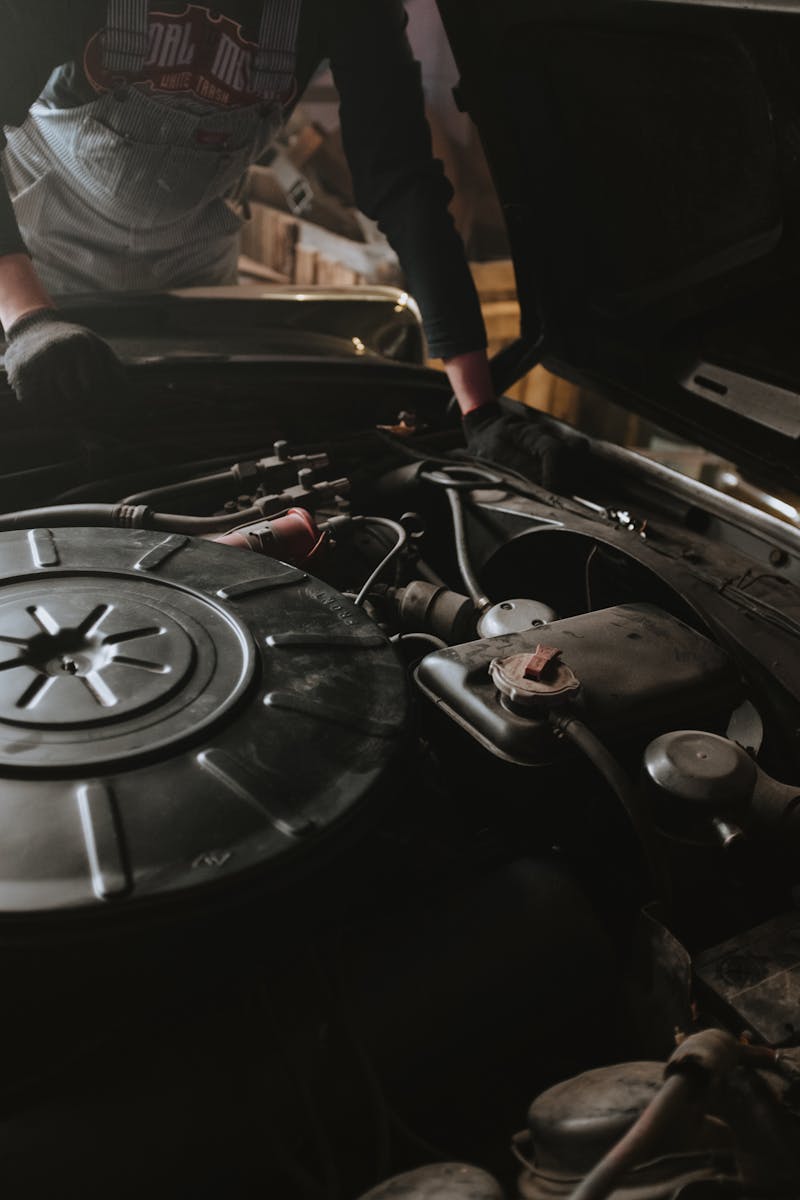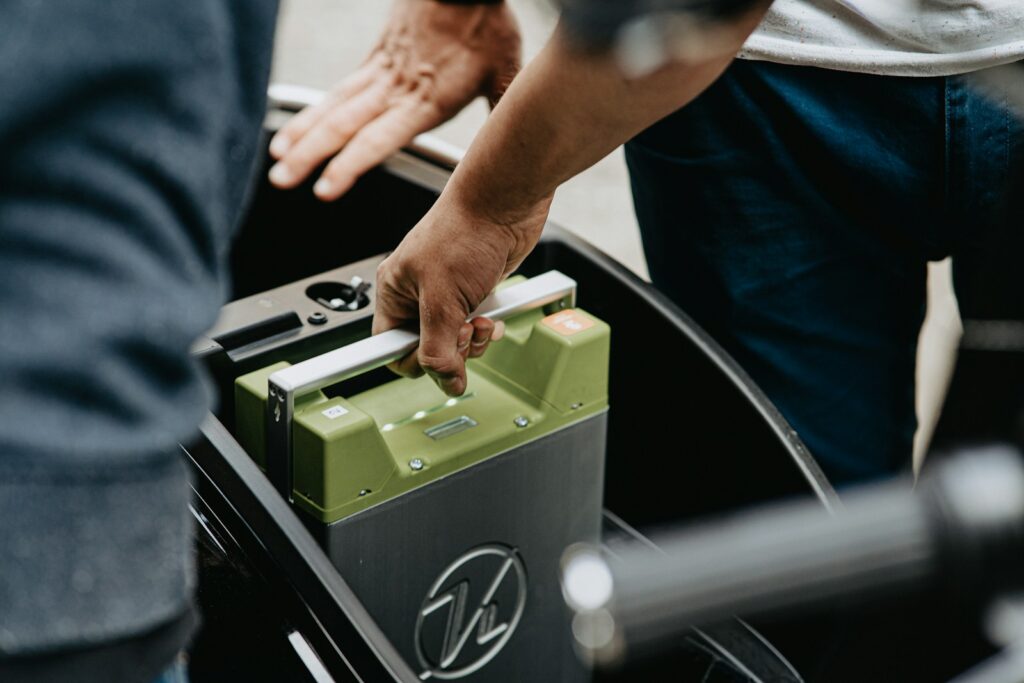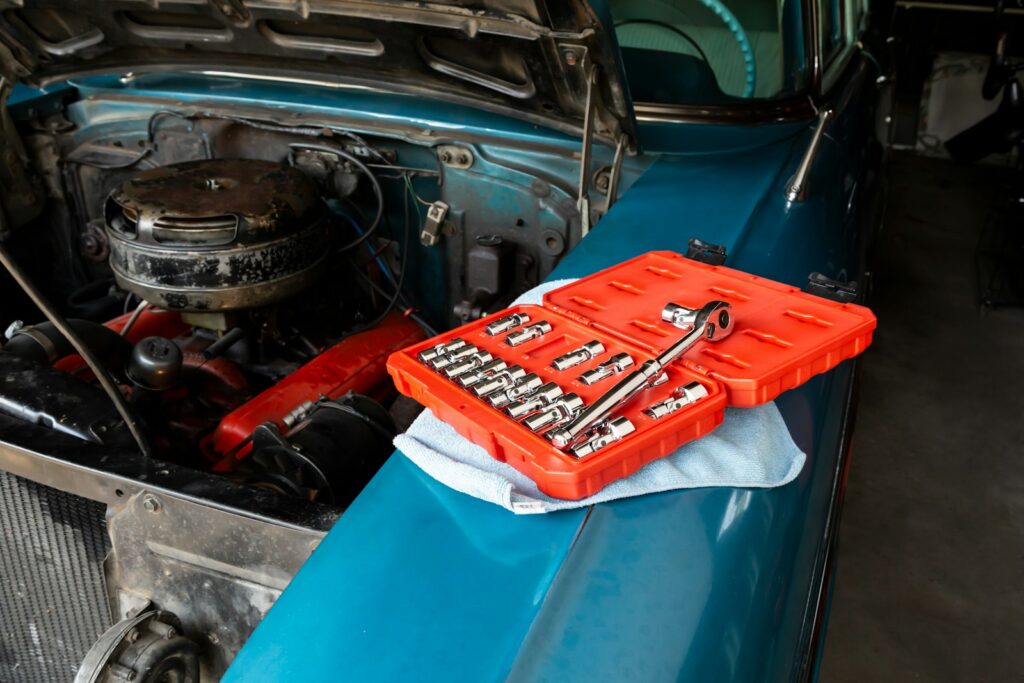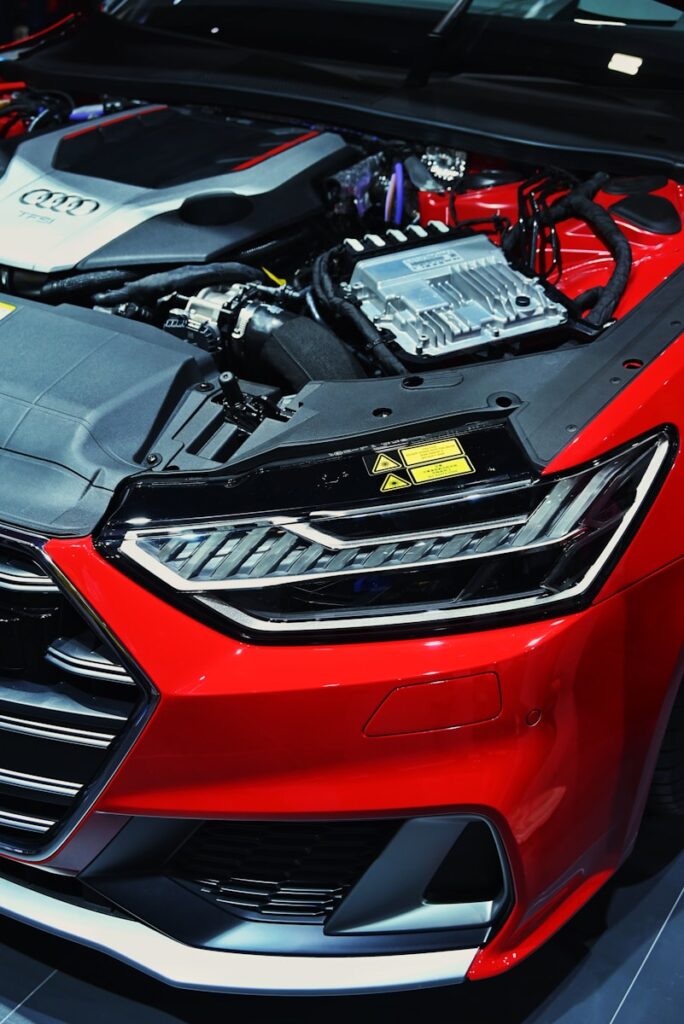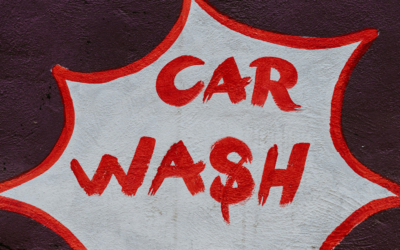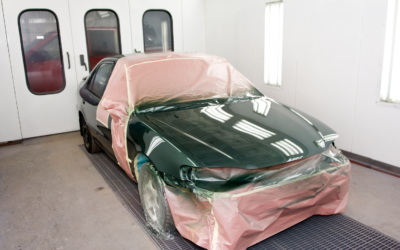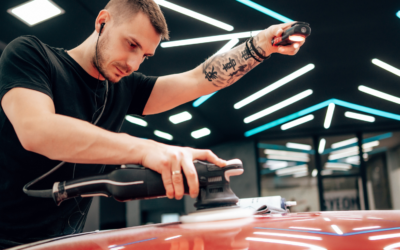A corroded car battery can interfere with your vehicle’s performance, shortening your battery’s life and potentially leaving you stranded. Fortunately, cleaning car battery corrosion is a simple task that can restore the battery’s ability to function efficiently and extend its lifespan.
Follow our simple steps to keep your battery running like new! This guide will teach you everything you need to know about how to clean car battery corrosion safely, including the tools you’ll need, step-by-step instructions, and tips to prevent corrosion buildup in the future.
Why It’s Important to Have a Maintained and Quality Car Battery
Your car battery is the heart of your vehicle’s electrical system, and keeping it in top condition is essential for several reasons:
Reliable Engine Starts
A well-maintained car battery ensures your engine consistently starts without hesitation. Extreme weather conditions can put strain on a weak battery, leading to potential failure when you need your vehicle the most.
Preventing Electrical Issues
The car battery powers crucial components like your headlights, radio, and dashboard instruments. A failing or poorly maintained battery can cause erratic behavior in these systems, compromising your safety and comfort on the road.
Extending Vehicle Lifespan
A high-quality, properly maintained battery reduces excess strain on your vehicle’s alternator and starter, which can help prevent damage to these critical components and extend the overall life of your car.
Avoiding Unexpected Breakdowns
A dead battery can leave you stranded unexpectedly, causing unnecessary stress and inconvenience. Regular maintenance reduces the likelihood of sudden failures when you’re far from home or in a hurry.
Improved Fuel Efficiency
While it might not seem related, a failing battery can indirectly affect your car’s fuel efficiency. Low power can cause systems to work harder than necessary, increasing fuel consumption.
Preserving Advanced Vehicle Features
Modern vehicles are equipped with advanced electronics such as navigation systems, sensors, and driver-assist features. These systems depend on a stable power supply, and a deteriorating battery could compromise their functionality.
By investing in a quality car battery and keeping up with routine maintenance, you ensure the efficiency, reliability, and longevity of your vehicle, giving you peace of mind every time you hit the road.
Causes of Battery Corrosion
Battery corrosion is a common problem that can impact the performance and lifespan of your car’s battery. Understanding the causes can help you take preventative measures to keep your battery in optimal condition. Below are the primary reasons for battery corrosion:
Leaking Battery Acid
Over time, a car battery may develop small leaks, especially around the terminal seals or casing. These leaks release sulfuric acid, which reacts with the surrounding materials and leads to the buildup of corrosion around the terminals.
Overcharging the Battery
Overcharging occurs when the alternator produces excessive voltage or when a battery charger is improperly set. This process generates heat and gaseous byproducts like hydrogen and oxygen, which can escape the battery and result in corrosion on the terminals.
Electrolyte Evaporation
High temperatures or improper maintenance can cause the electrolyte fluid inside the battery to evaporate. Reduced electrolyte levels increase the concentration of sulfuric acid, promoting chemical reactions that lead to corrosion.
Exposure to Moisture and Humidity
Frequent exposure to humid environments or water entering the battery compartment can accelerate the corrosion process. Moisture reacts with the chemicals emitted by the battery, increasing the risk of terminal buildup.
Improper Cat Battery Terminals
Loose or improperly secured terminals create resistance, leading to overheating in the connection points. The heat can trigger chemical reactions that produce corrosion around the battery terminals and hardware.
Natural Aging of the Battery
Like any component, car batteries age over time. Older batteries are more prone to structural weaknesses, such as cracks or worn seals, which increase the likelihood of corrosion as wear and tear accumulate.
By recognizing these causes of battery corrosion, you can address potential issues early through regular maintenance, proper charging practices, and ensuring a clean and secure battery compartment.
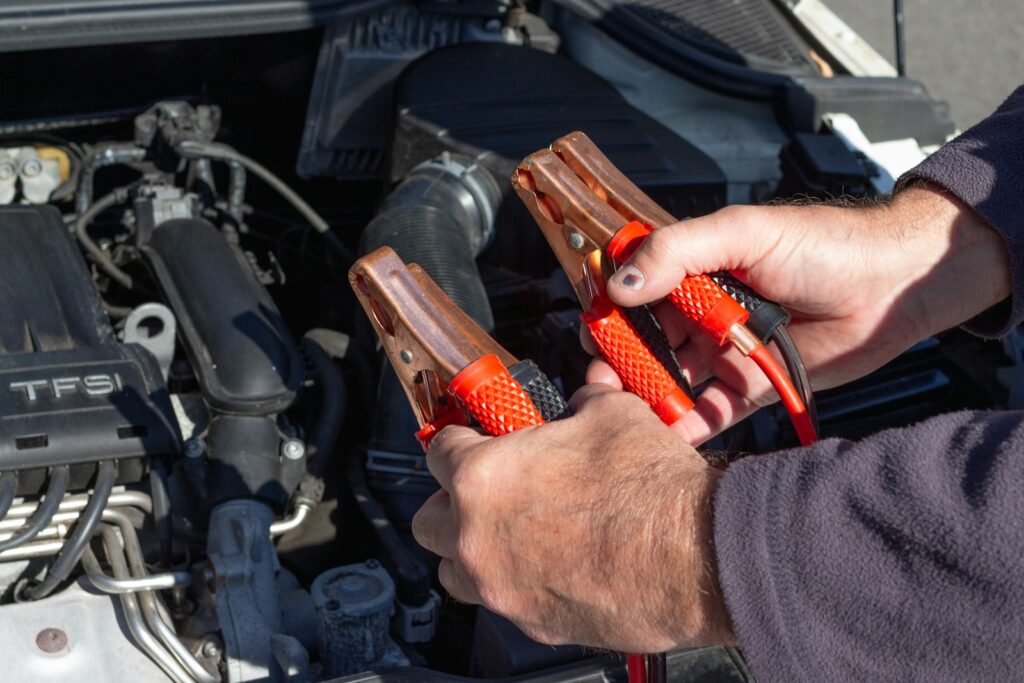
Tools and Materials You’ll Need
Before you begin cleaning your car battery, gather the following items to ensure a safe and thorough process:
- Baking soda and water (for neutralizing battery acid)
- A stiff-bristled wire brush or an old toothbrush
- Rubber gloves and safety goggles (to protect your skin and eyes from battery acid)
- Wrenches (to disconnect the battery cables)
- Clean water (to rinse residue)
- Petroleum jelly or dielectric grease (to protect the corroded terminals after cleaning)
- A spray bottle with baking soda and water solution
- Optional: Coca-Cola (as an emergency cleaner), as its mild acidity can loosen corrosion.
Steps to Safely Clean Battery Corrosion
Step 1: Put on Protective Gear
When working with car batteries, it’s crucial to protect yourself. Wear rubber gloves, safety goggles, and old clothing. Battery acid is highly corrosive and can damage skin, eyes, or even metal surfaces.
Step 2: Disconnect the Battery Cables For Battery Terminal Corrosion
- Turn off your vehicle: Ensure the car is entirely off, and there’s no power running through the battery.
- Loosen and remove the negative cable first: Use a wrench to loosen the clamp on the negative terminal (marked with a “-” or black cover), and carefully remove it.
- Remove the positive cable next: Repeat the same process for the positive terminal (marked with a “+” or red cover).
Pro Tip: Always remove the negative cable first and reconnect it last to avoid the risk of short-circuiting.
Step 3: Examine the Battery
Inspect the battery casing, terminals, and cables for cracks, leaks, or excessive corrosion. If the battery casing is damaged or leaking fluid, it may need to be replaced.
Step 4: Neutralize and Remove Corrosion
- Mix a cleaning solution: Combine a tablespoon of baking soda with a cup of water. Stir until the baking soda dissolves.
- Apply the solution: Spray or pour the baking soda and water mixture onto the corroded areas. The solution will neutralize battery acid and create a foaming reaction.
- Scrub the corroded battery terminals: Use a wire brush or toothbrush to scrub away the corrosion from the terminals, battery posts, and clamps. For stubborn buildup, reapply the baking soda solution and scrub again.
- Optional alternative: If you don’t have baking soda, Coca-Cola can be used to loosen minor corrosion on the terminals. However, baking soda is preferred as it neutralizes the battery acid.
Step 5: Rinse and Dry For Clean Battery Terminals
- Rinse the area: Use clean water to rinse away the baking soda residue and loosened corrosion.
- Dry the battery: Use a clean, dry cloth to wipe down the battery terminals, posts, and cables. Make sure all moisture is removed from the battery compartment before proceeding.
Step 6: Reconnect the Cables
- Apply a thin coat of petroleum jelly or dielectric grease to the battery terminals. This will create a barrier to prevent future corrosion.
- Reconnect the positive cable first, followed by the negative cable. Tighten the clamps securely to ensure a proper connection.
Step 7: Test Your Battery
Start your vehicle to ensure the battery is functioning properly. Check the terminals periodically to ensure corrosion doesn’t return.
How to Prevent Car Battery Corrosion
Cleaning your car battery is only half the battle. Preventing corrosion buildup can save you from repeatedly dealing with this issue. Here are some tips to keep your battery in top condition:
- Apply a protective coating: Use dielectric grease or petroleum jelly on battery terminals to help prevent moisture and air exposure.
- Regular maintenance: Check your car battery for corrosion and loose connections at least once every few months.
- Ensure proper ventilation: Ensure vent caps are secure and that the battery compartment your car is well-ventilated for the release of hydrogen gas.
- Avoid overcharging: Monitor your car’s charging system to prevent overheating and bubbling of battery fluid.
- Invest in battery terminal protectors: Felt washers and anti-corrosion sprays can provide additional protection for your terminals.
When to Replace a Battery
Even with routine maintenance, batteries don’t last forever. If your car consistently struggles to start, or if corrosion returns quickly even after cleaning, it may be time to replace your battery. On average, most car batteries last 3-5 years, depending on usage and maintenance.
Top Car Batteries and Brands
When replacing your car battery, it’s important to choose a reliable and high-performing option. Below is a list of just a few of the many options available for a car battery!
Optima Batteries (Optima RedTop and YellowTop)
Optima Batteries are renowned for their durability and innovative SpiralCell technology, designed for both starting and deep-cycle performance. Visit Optima Batteries Website
DieHard Batteries
DieHard batteries are a trusted name in the automotive industry, offering exceptional power and reliable cold-cranking amps for all-weather performance. Visit DieHard Website
Odyssey Batteries
Odyssey provides long-lasting batteries with superior deep-cycle capabilities, making them ideal for heavy-duty vehicles and extreme conditions. Visit Odyssey Batteries Website
ACDelco Batteries
ACDelco is a globally-known brand by GM that delivers maintenance-free batteries with advanced technology for longer life and consistent performance. Visit ACDelco Website
Exide Batteries
Exide offers a variety of affordable, high-performing automotive batteries that cater to different vehicle needs, including advanced AGM options. Visit Exide Technologies Website
Bosch Batteries
Bosch is a reputable name for advanced and energy-efficient car batteries, offering models designed to maintain performance in extreme weather. Visit Bosch Auto Parts Website
EverStart Batteries (Walmart)
EverStart provides a budget-friendly option backed by solid performance and warranty, available conveniently at Walmart. Walmart Automotive Batteries (EverStart)
By considering these trusted brands, you can find a battery that matches your vehicle’s specifications and provides reliable performance.

Fusion Car Wash
Now that your battery is corrosion-free, don’t forget to stop by Fusion Car Wash for the whole wash so you can hit the road with peace of mind.
Final Thoughts on Maintaining a Healthy Car Battery | How To Clean Car Battery Corrosion
Maintaining a clean car battery free of corrosion is essential for ensuring your vehicle runs smoothly. By following the steps outlined above, you can clean corrosion safely and prevent buildup from interfering with your battery’s performance.
Regular maintenance and a little proactive care can go a long way in extending your battery life. However, if you notice persistent issues, consult a professional mechanic to avoid further complications.
